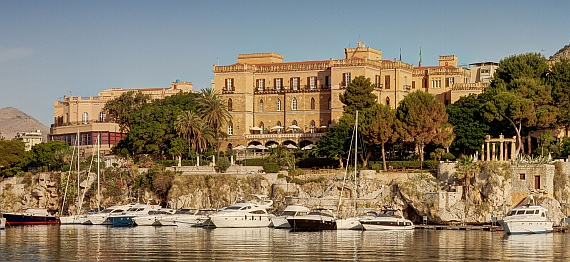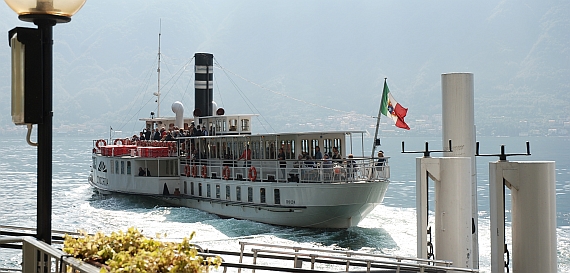
News & Stories
Frankfurt. For the first time, the loop luxury trade fair will no longer take place following the ITB Berlin in 2016, but rather has chosen an independent date in April. Registrations are now possible.
Athens. To what extent the political deadlock of the Tsipras government is currently influencing the tourism in Greece has also remained to be unclear this week – during the days following the Greek referendum. Independent of this, TUI has separated from its partner Grecotel. A snapshot.
Bern. Hot weather in the valleys could drive some tourists into cooler mountain regions. In general though, the Swiss hotel association hotelleriesuisse remains pessimistic at the beginning of high season. Overnight stays continue to fall, price pressure remains.
Santo Andre/Munich. A year after the football World Cup in Brazil, the owner of Campo Bahia, the quarters for the German World Champions, has an eye on the sale of the facility.
Tunis. Only three months after the attack at the Bardo museum in Tunis, which left 21 people dead, Tunisia is once again a victim of terrorism. Will Tunisian tourism survive the second despicable terrorist attack? Security has increased, and the government is already supporting the industry with specific measures.
Athens. The Greek financial crisis has a low impact on tourism… for now. Tourists are advised to take more cash, and bookings have started to slow down. A lot will depend on the next political steps.
Paris. As part of its strategy to reach the record number of 100 million foreign visitors by 2020, the French government announced last week in Paris, the creation of an investment fund worth hundreds of millions of euros exclusively dedicated to the tourism industry.
Milan. The announcement that the AccorHotels' distribution platform is now an open market place willing to list independent hoteliers is probably the news of the month in the European hospitality industry. Nevertheless, AccorHotels' plans are not limited to digital distribution, but still include ambitious developing projects. AccorHotels Italy has almost doubled its presence since 2007, and the group has identified a pool of 1,000 hotels attractive to the AccorHotels brands. Renzo Iorio, the Country CEO of AccorHotels Italy draws a 360-degree picture of the group's strategies in his home country. On one hand, it encourages the asset light move; on the other hand, the hotel group is looking for more investment opportunities. He criticizes the upcoming merger of Atahotels and UNA. Franchising remains a challenge.
Vienna. While the Austria National Tourist Office will be directing their focus on "Nature Reloaded" over the next two years, the unspoiled countryside lay in the background. The national tourism office has set its Strategy 2020 on three central spheres of activity.
Como. Currently, Italy's hoteliers are fighting against excessive taxes and fiscal injustice in their own country – as many of their colleagues are in Europe – and also against transnational OTAs and their terms as well as the Sharing Economy. The annual convention of the Italian hotel association Federalberghi clearly reflected the hoteliers' discontent. For them, there is still no silver lining on the horizon in a country, which is shaken economically and politically. The industry's performance figures from January until April are meagre. Against this backdrop, the reactions are understandable, but does it help? At least, the industry is now showing some self-criticism.


